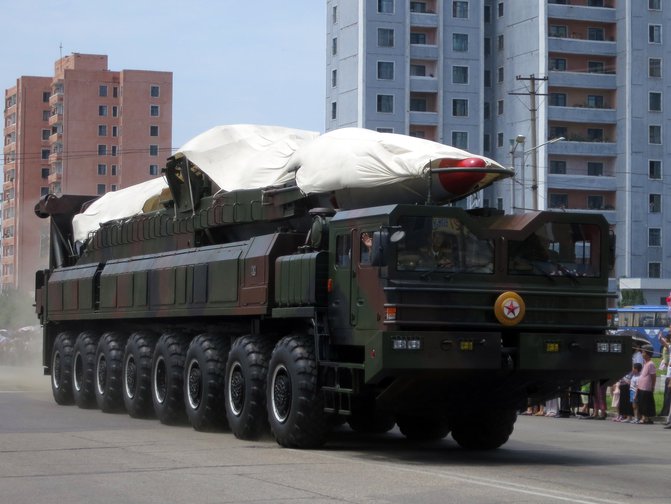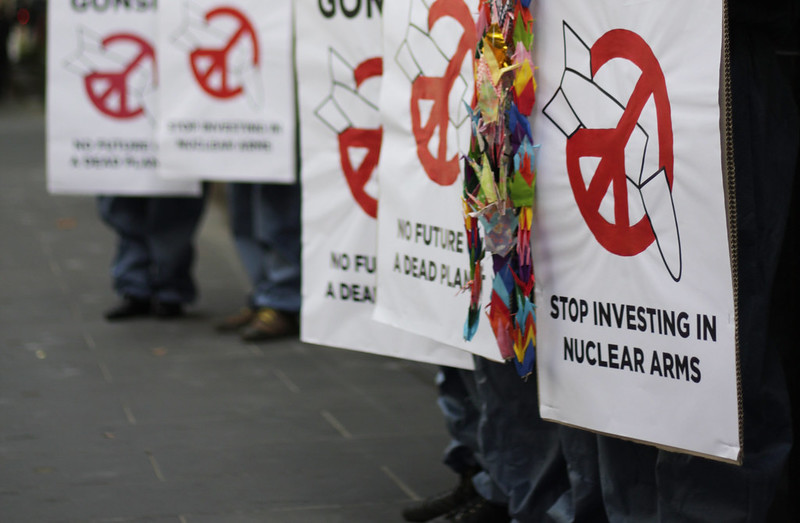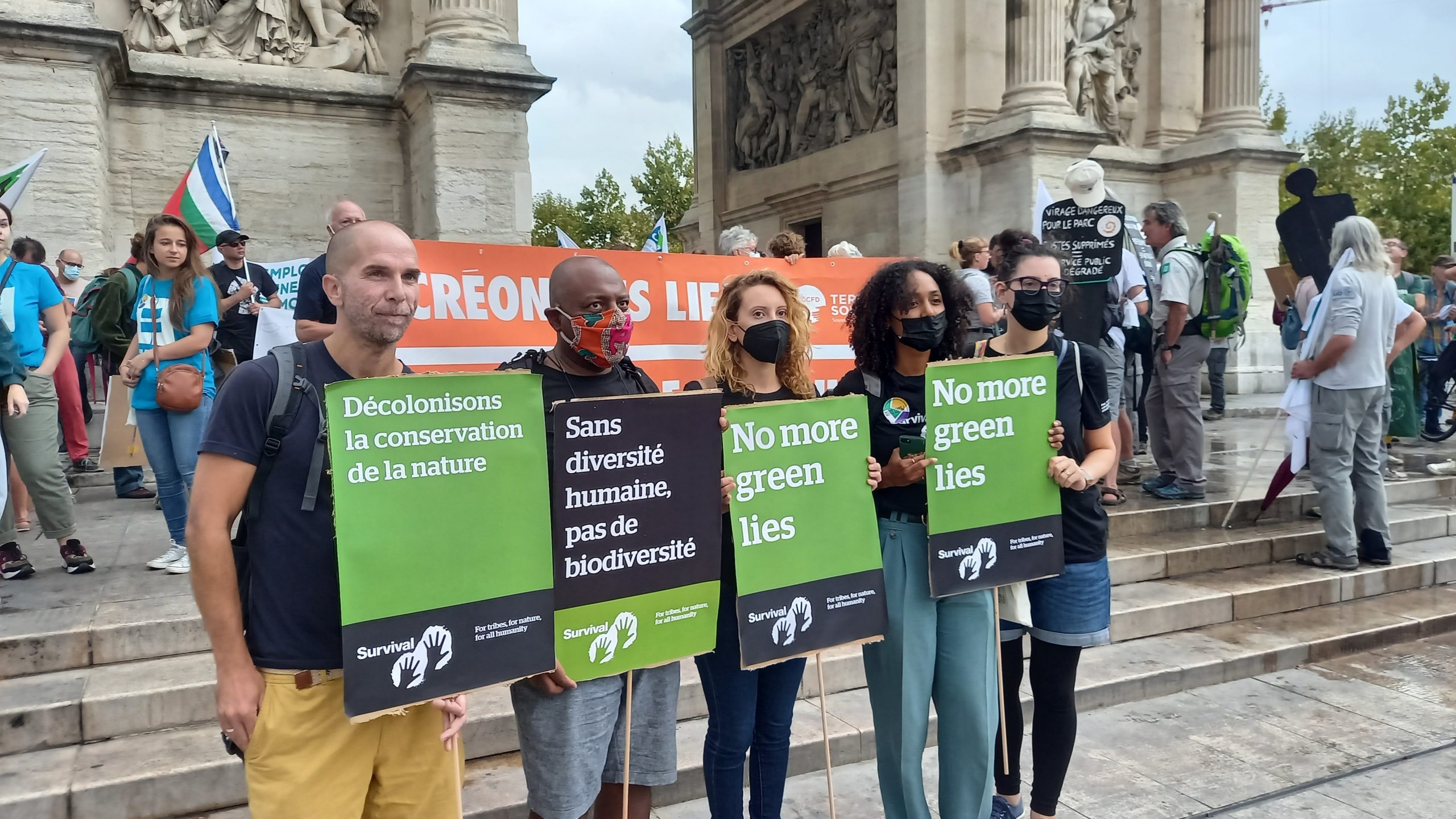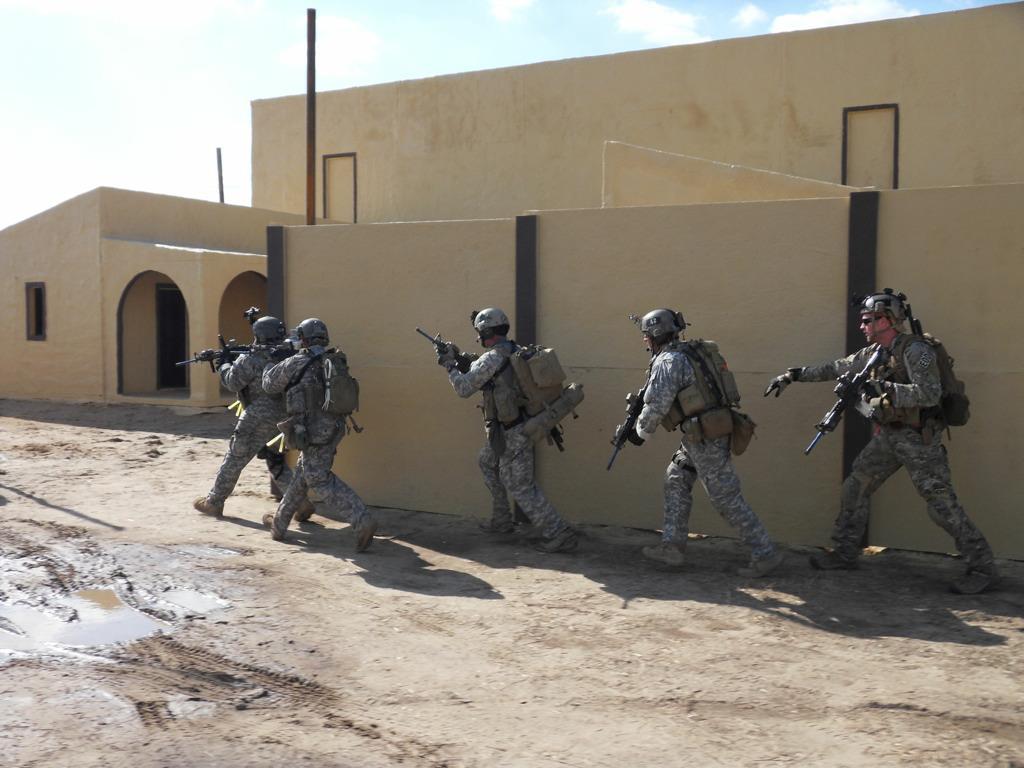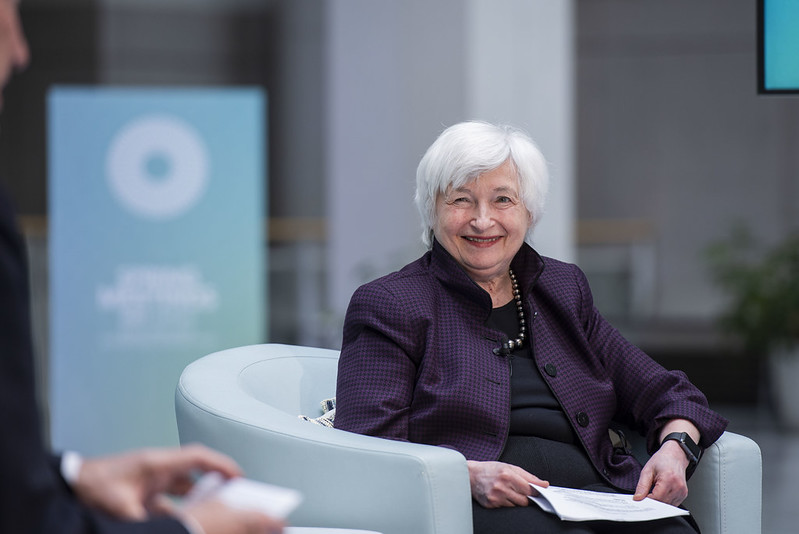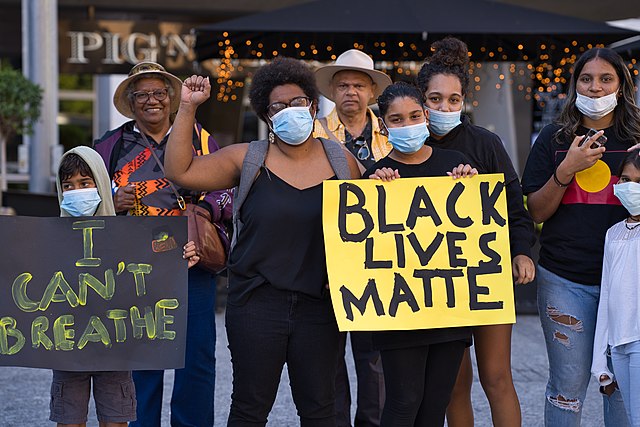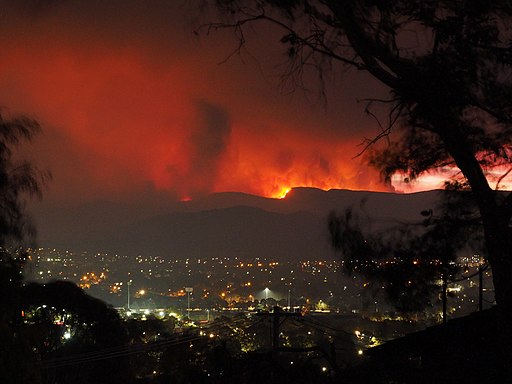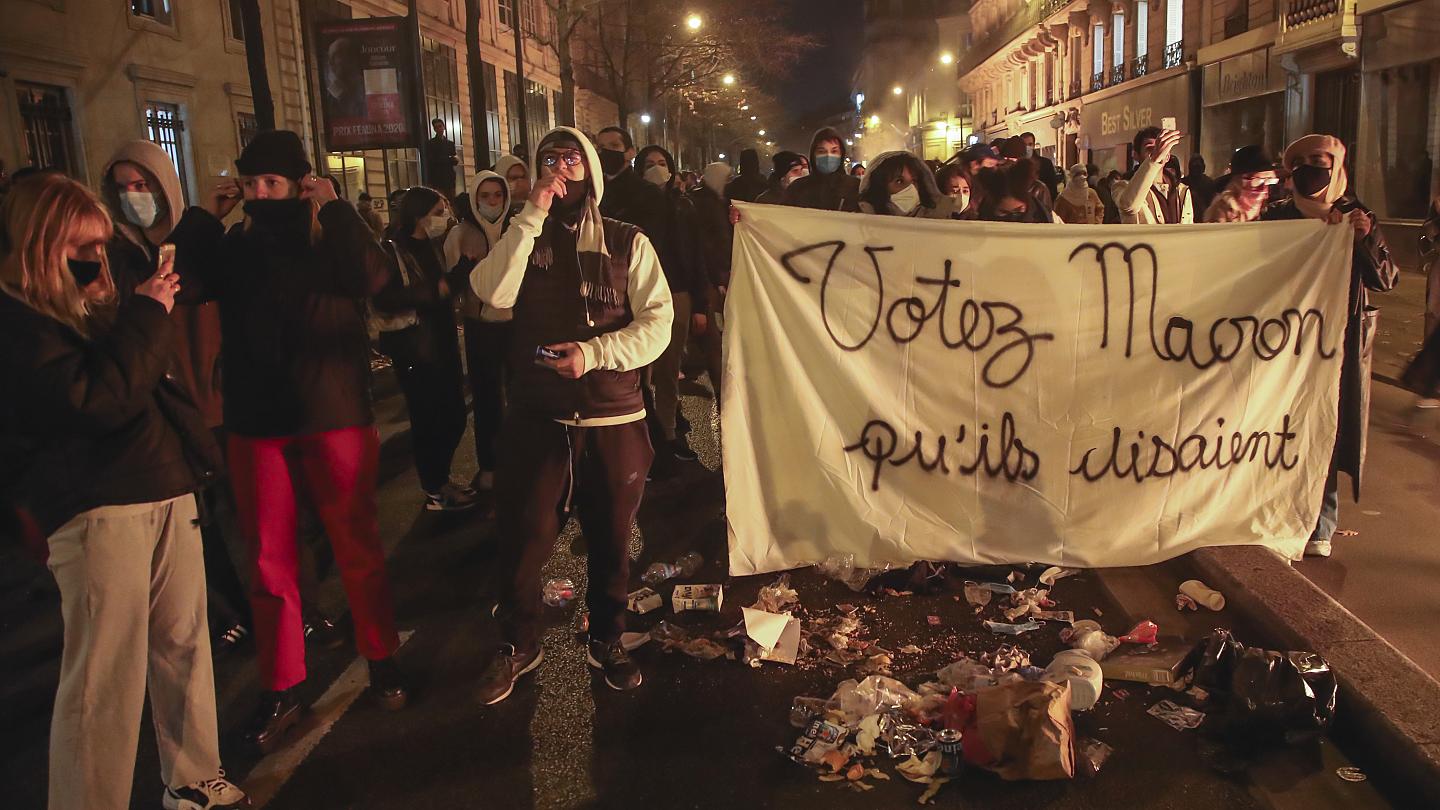Sparked by a new bill that would make publishing photos of police illegal and a viral video soon after that shows French police brutally beating a black man, it appears that France may be headed for its own “George Floyd” moment.
By Alan Macleod. Published 11-30-2020 by MintPress News
Award-winning Syrian photographer Ameer Alhalbi lies dazed on the ground. His head is heavily bruised and bandaged, blood covers his face, arms, and much of his body. Lengths of cotton wool have been stuffed up his broken nose, giving him an almost comical appearance. Alhalbi has been badly beaten by police. But this is not Syria, it is Paris, where he was covering — ironically — huge, nationwide protests against police brutality this weekend.
Perhaps even more concerning is that new laws pushed through by the government of Emmanuel Macron and passed by France’s National Assembly (akin to the U.S. House of Representatives) mean that sharing images of Alhalbi or other victims of police brutality might soon be considered illegal.
Article 24 of the country’s new national security bill, which now only needs to be ratified by the Senate, specifically outlaws the publishing and dissemination of images of police that undermine their physical or psychological “integrity,” and is punishable with a fine of up to €45,000 and up to one year in jail. The bill specifically states that filming police in such a manner would be against the law, but questions have been raised about how liberally authorities would interpret the nebulous language of the new edict. Media unions and human rights groups warn that it could prevent journalists from documenting police abuses.
The National Assembly’s decision to approve the law last week sparked large protests in many major cities around France, including Bordeaux, Lille, Montpellier, and Nantes. However, an incident caught on camera on Saturday threw large amounts of fuel on the fire of resentment, drastically increasing the demonstrations’ size and intensity.
Images from mobile phones and closed-circuit television showed an unprovoked police attack on a young black music producer at his place of work. A group of four officers can be seen chasing after Michel Zecler, following him from outside into his studio, where they kick, punch and beat him with truncheons. Zecler also alleges they shouted racial abuse while they assailed him.
Before the videos went viral on social media, the officers testified that Zecler had, in fact, attacked them, and was resisting arrest. The officers have now been charged with “deliberate violence” and with “falsifying statements.” Two of the gang of four, including a 44-year-old senior officer with the rank of brigadier, remain in custody, while two others have been released.
The viral images provoked a storm of condemnation across the country this weekend, and propelled as many as 500,000 people into the streets, with demonstrations in dozens of cities. Protestors marched through the streets, setting light to cars, damaging buildings, and clashing with police, of whom a reported 98 were injured nationwide. Many of Paris’ iconic boulevards resembled a war zone as thousands of demonstrators pitched battle with lines of police in riot gear.
President Macron said he was “very shocked” by the footage of the police attack on Zecler, yet continues to be a driving force behind the new security law, under which many have noted that the images might never have come to light, given as they essentially identify the Parisien officers and clearly undermine their integrity or authority. Without the footage, it is possible that Zecler would have been facing prosecution himself.
Although the bill and the protests against it are dominating French politics, the story has been covered sparsely in the American corporate press, with no coverage whatsoever in MSNBC, CBS News, or CNBC. Fox News, meanwhile, reprinted one Associated Press article, featuring an egregious, uncorrected error in its subheadline, asserting that protestors were shooting tear gas at themselves.
While foreign desks have been seriously cut in recent years, huge demonstrations in central Paris should not have been too difficult to cover. Lebanese political commentator Sarah Abdallah suggested that if the rallies had been happening in countries antagonistic to the United States, they would have been front-page news. Certainly, similar protests in Iran and Hong Kong dominated the news cycles last year, prompting constant reaction from Mike Pompeo. The Secretary of State is yet to comment on the events in France, suggesting that they are not at the front and center of his thoughts.
President Macron came to power in 2017, winning in the final round of the election against far-right challenger Marine Le Pen. A strong believer in neoliberalism and an admirer of former British Prime Minister Margaret Thatcher, he has insisted that France must not merely be reformed, but transformed, and has attempted to radically alter the shape of French society, away from a social democratic model to one more resembling the United States. Almost immediately after gaining the presidency, however, his average approval rating tumbled and has not risen above 40% since.
Indeed, the 42-year-old former investment banker has faced almost constant resistance to his agenda from the general public. His attempts to increase the cost of fuel in 2018 sparked the Yellow Vest movement across the country. Meanwhile, his plans to raise the age of retirement and reform France’s pension system was met with a months-long general strike that paralyzed the country last winter. Despite losing over 50,000 people to the coronavirus pandemic, he has seen his popularity increase this year due to the government’s financial response to the virus, which included aid to small businesses and paying employees to stay home. Despite this, it appears possible that France might be headed for its own “George Floyd” moment, where its racial injustices are finally reckoned with.
This work is published under a Creative Commons Attribution-NonCommercial-ShareAlike 3.0 International License.
